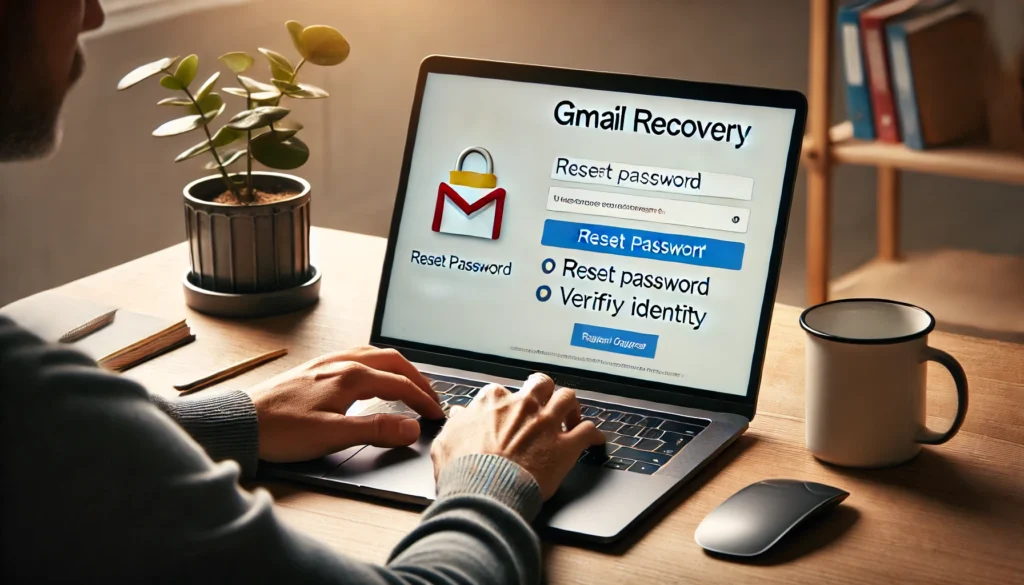Table of Contents
As we move into 2025, a growing number of users are making the decision to delete their Facebook accounts for a variety of reasons. Concerns about privacy breaches, data misuse, and the platform’s handling of personal information have driven many to reconsider their presence on Facebook. Additionally, the negative impact of social media on mental health—such as increased anxiety, stress, and comparison culture—has pushed people to seek healthier online habits. Others are simply migrating to newer, more engaging platforms that better align with their interests and values.
If you’re one of the many considering this move, understanding how to delete your Facebook account properly is crucial. Whether you’re looking for a temporary break or want to permanently erase your digital footprint, this guide will walk you through each step of the process. We’ll also explore important factors to consider before taking this irreversible action, ensuring you’re fully informed before you hit that delete button.
What Does Deleting Your Facebook Account Mean?
Understanding the Difference Between Deactivation and Permanent Deletion
Before you take action, it’s essential to know the difference between deactivating and permanently deleting your Facebook account. Deactivation is a temporary option that hides your profile, while deletion permanently removes your profile and all associated data. Once deleted, you cannot recover your account.
What Happens When You Delete Your Facebook Account?
When you delete your Facebook account, all your photos, posts, and information are removed from the platform. Any third-party apps or services connected to your Facebook login will also be impacted. You must weigh these consequences carefully before committing.
Reasons People Are Deleting Their Facebook Accounts in 2025
Concerns About Facebook’s Privacy Practices
Privacy has been a major issue for Facebook users, especially with the platform’s history of data breaches and concerns over data sharing. For some, deleting their account is the only way to feel secure about their personal information.
How Facebook Can Impact Your Mental Health
For many, the constant stream of updates on Facebook can lead to stress, anxiety, and social comparison. The desire to reclaim mental well-being is another common reason for deleting Facebook accounts.
Switching to Other Social Media Platforms
As newer platforms gain popularity, some users find Facebook less relevant to their social media needs. The shift to alternative platforms like Instagram, TikTok, or Twitter may prompt people to delete Facebook altogether.
Step-by-Step Guide on How to Delete Your Facebook Account
Deleting your Facebook account is a big decision, and it’s important to approach the process carefully. If you’re considering leaving Facebook permanently, this guide will walk you through the steps to ensure your account is deleted correctly. From backing up your data to confirming your final decision, follow these steps to delete your Facebook account:
Final Confirmation Facebook will ask for one last confirmation before permanently deleting your account. After you confirm, the deletion request will be processed.
Log into Your Facebook Account To begin the process of deleting your Facebook account, you must first log in using your username and password.
Go to Settings Once you are logged in, click on the downward arrow at the top right of the Facebook page. From the drop-down menu, select “Settings & Privacy,” and then click on “Settings.”
Navigate to Your Facebook Information In the left-hand menu, find and click on the “Your Facebook Information” tab. This section will show you options related to managing your account.
Select “Deactivation and Deletion” Under “Your Facebook Information,” click on “Deactivation and Deletion.” This option will let you choose whether you want to deactivate or permanently delete your account.
Choose to Delete Your Account You will be given two options: deactivate or delete. Select “Permanently Delete Account” and click “Continue to Account Deletion.”
Confirm the Deletion Request Facebook will present a warning, informing you about what will happen when you delete your account. This includes losing access to your photos, posts, and other content. If you are sure about your decision, click “Delete Account.”
Enter Your Password To confirm your identity and prevent unauthorized deletion, you will need to enter your Facebook account password.
What Happens After You Delete Your Facebook Account?
Understanding the 30-Day Grace Period for Account Deletion
Facebook gives you a 30-day grace period to change your mind after initiating the deletion process. If you log in during this time, your deletion request will be canceled, and your account will be restored.
What Happens to Your Data After Deletion?
After the 30-day grace period, all your data (photos, posts, messages, etc.) will be permanently deleted. Facebook does not recover deleted data, so ensure you’ve backed up everything you need beforehand.
Impact on Linked Services and Other Platforms
If you use Facebook to log into other platforms like Instagram or Messenger, you’ll lose access to those services once your Facebook account is deleted. Make sure to update your login credentials before deleting your account.
How to Deactivate Your Facebook Account Instead of Deleting It
Why Deactivate Instead of Deleting?
If you’re unsure about permanently deleting your Facebook account, deactivation might be a better option. Deactivating your account hides your profile from others but keeps your data intact for future reactivation.
Step-by-Step Guide to Deactivate Your Facebook Account
To deactivate your account, follow the same steps as deletion, but choose “Deactivate Account” instead of deleting it. You can easily reactivate your account whenever you’re ready.
Important Considerations Before Deleting Your Facebook Account
Review Third-Party Apps Linked to Facebook
Many apps and websites allow you to log in via Facebook. Before deleting your account, make sure to update your login details on these platforms to avoid losing access to them.
Remove Sensitive Information From Your Profile
Take time to delete any personal or sensitive information from your Facebook profile, such as your phone number or address, before proceeding with deletion.
Inform Your Friends and Family
If Facebook is an important communication tool for you, let your friends and family know that you’ll be deleting your account. This will help prevent misunderstandings or loss of contact.
Alternatives to Deleting Your Facebook Account
Enhance Your Privacy Settings Without Deleting Your Account
If privacy is a concern, Facebook’s privacy settings allow you to control who sees your posts and personal details. This way, you can still use the platform without compromising your privacy.
Taking a Break from Facebook: A Balanced Approach
Instead of deleting your account completely, consider limiting your time on Facebook or unfollowing certain pages. You can also log out entirely and check in occasionally to reduce your exposure.
Conclusion: Should You Delete Your Facebook Account in 2025?
Deciding to delete your Facebook account in 2025 can be a wise move for reasons such as protecting your privacy, improving mental health, or simply because you prefer a break from social media. However, it’s important to carefully consider the impact before you make the decision, as deleting your Facebook account will affect your access to services and social connections. Once you delete your Facebook account, you lose the ability to connect with friends, share updates, and access the features Facebook offers.
If you’re ready to make this change, follow the steps outlined in this guide to successfully delete your Facebook account. Remember to back up any essential data beforehand, such as photos, posts, and messages. Taking this precaution ensures that you don’t lose valuable information you may want to keep. Ultimately, delete your Facebook account only when you feel confident in your decision and understand the consequences of this permanent action.
FAQs
1. What Happens to My Facebook Data After Deletion?
Once you delete your Facebook account, your data is permanently erased from Facebook’s servers and can’t be recovered.
2. Can I Recover My Facebook Account After Deletion?
No, once your account is deleted, it cannot be recovered. Make sure you back up your data before proceeding.
3. How Long Does It Take for Facebook to Delete My Account?
Facebook will begin deleting your account within 30 days after the request. You can cancel the deletion within this grace period.
4. Can I Temporarily Delete My Facebook Account?
Yes, by deactivating your account, you can temporarily hide your profile while retaining your data for future reactivation.
5. Will I Lose My Photos and Posts When I Delete My Account?
Yes, once your account is deleted, all your posts, photos, and messages will be permanently erased. Make sure to back up any content you want to keep.
For more helpful tips, check out these articles:
- How to Enable 2-Step Verification on Your Facebook Account – Add an extra layer of security to your account with 2-step verification.
- How to Recover Your Facebook Account – Learn how to recover your Facebook account if you’ve forgotten your password or lost access.



